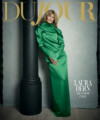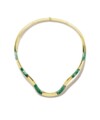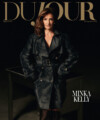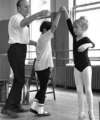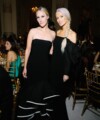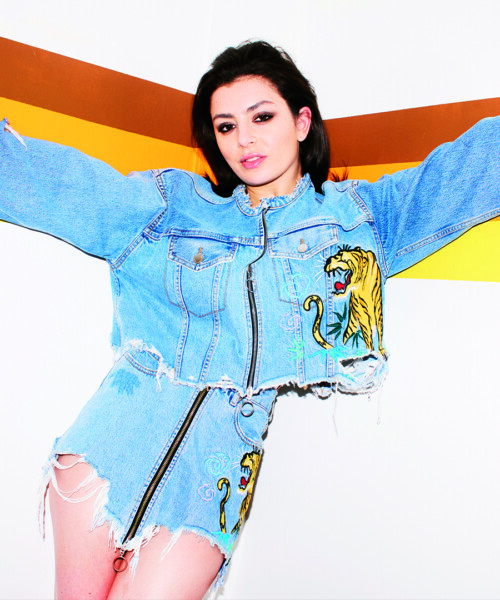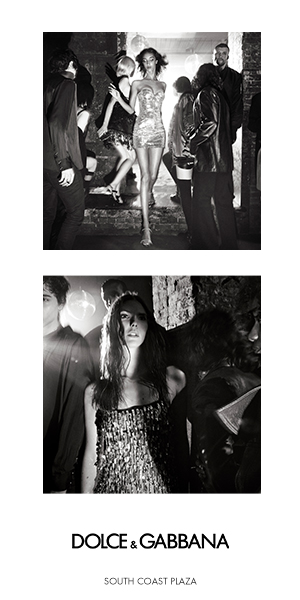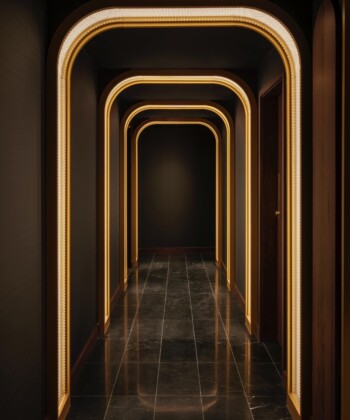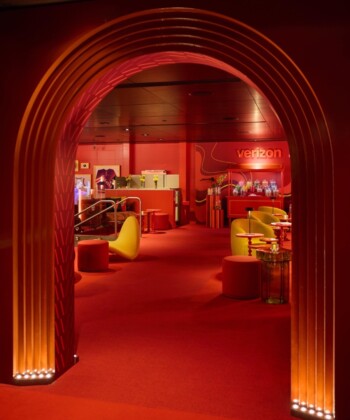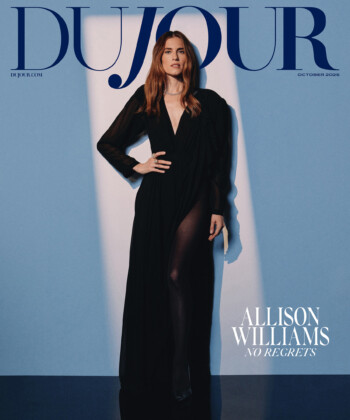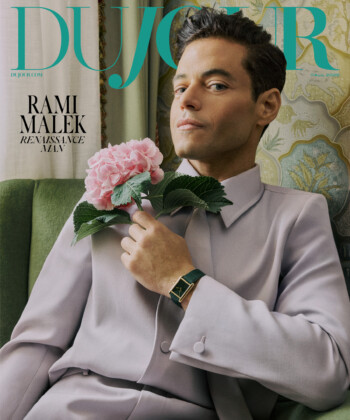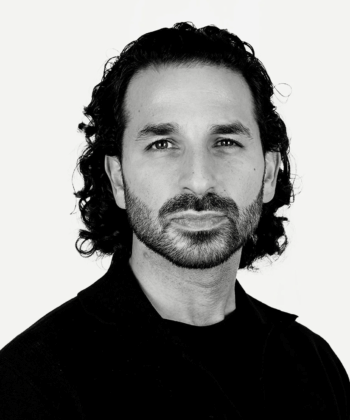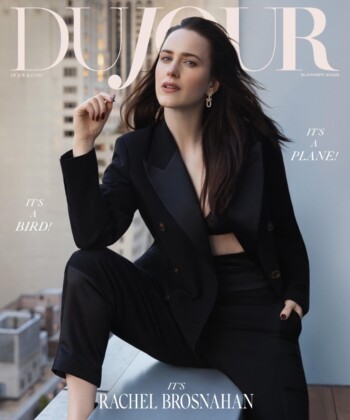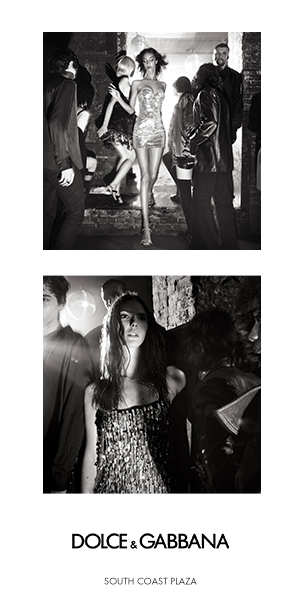Remember back in the 1990s when Britney Spears and Christina Aguilera were in a constant media-spun battle for the title of “Princess of Pop?” Fast forward to today: Those days of bubble-gum fresh, manufactured pop stars rivaling for an imaginary tiara are long gone.
Cue music’s newest pop sensation Charli XCX, the self-proclaimed party girl and outlier in a sea of musical stereotypes. With a raspy voice that attests to her reputation as a nightlife enthusiast, she performs catchy hits like “Boom Clap,” “Break the Rules” and her pro-women single, “Boys.”
Hailing from the English countryside outside of London, the 25-year-old singer, born Charlotte Emma Aitchison, grew up on ’90s pop music, specifically the Spice Girls and Britney Spears. The starlet credits girl-pop as her introduction to music, casually admitting, “All the things people think of as guilty pleasures, I naturally love.”
Charli’s 2017 mixtape, Number 1 Angel, is an ode to her love of catchy pop mixed with full-throated female empowerment. “I like working with friends. I like the natural energy of making music with people you want to, not because of their profile or your label asking you to,” she says of her close-knit network of female collaborators, which includes CupcakKe, MØ and Uffie.
Despite her provocative performances and colorful stage presence, Charli says she actually prefers being off camera, recently writing and directing the video for ALMA and French Montana’s song “Phases.” And for her most ambitious collaboration to date, Charli took a step behind the camera as the codirector on the video for her effortlessly catchy single “Boys.” For the song’s viral video, the songstress employed more than 60 men, including G-Eazy, Diplo and Panic! at the Disco’s Brendan Urie.
In the video, Charli’s squad of famous boy-friends playfully populate sterotypically sexy scenarios: Joe Jonas suggestively eats stacks of pancakes drizzled with syrup; Charlie Puth washes a car; The Vamps engage in a pillow fight; and Josh (The Fat Jew) splashes around in a kiddie pool of rosé—all against a millennial pink backdrop, naturally. “The guys were really into it. They completely got the vibe and that was really encouraging,” she says.
On being a feminist, the singer says, “The more we speak about feminism in music, the bigger the conversation becomes. I’ve always been seen as someone who champions women in music. I think that’s always been a part of who I am.” Though her feminist identity may be at odds, somewhat, with pop music’s long history of objectification of women, Charli has found a way to weave her values seamlessly into her career, both in and out of the recording booth. It’s no coincidence that throughout her music festival appearances this past summer, she opted to share the stage with as many female collaborators as possible.
“It was really fun to be able to come out and party with friends like CupcakKe and MØ on stage,” she says. As a fellow 90’s chick and self-proclaimed feminist, one of the most memorable on stage moments for me was when Charli invited her progressive counterpart Halsey to join her on stage at Chicago’s Lollapalooza. The duo delivered a girl power-infused performance of the 1996 Spice Girls anthem “Wannabe” that left every 20-something-year-old hoarse from “singing” along. “I want people to feel energy and party,” Charli says of her electric performances. “I want them to feel like they just went to the best house party ever with all their best friends.”
While the champagne-drinking Brit is celebrated as an explicit party girl in the industry, her unapologetic lifestyle is also a major source of inspiration; she suggests that house parties are sites for growing up and making memories. “So much cool stuff happens at parties,” she says. “Whether you’re really happy and having the time of your life with your friends or you’re breaking up with someone, falling in love or missing someone, there are so many interesting dynamics going on at parties.”
By embracing feminist politics, her sexuality and, of course, her right to party, Charli XCX has poised herself for icon status. Simultaneously, she’s cultivating a female-centric following and pioneering the next generation of pop stars, who root for each other’s success both on stage and at the after-party.
Photo credit: Bella Howard




